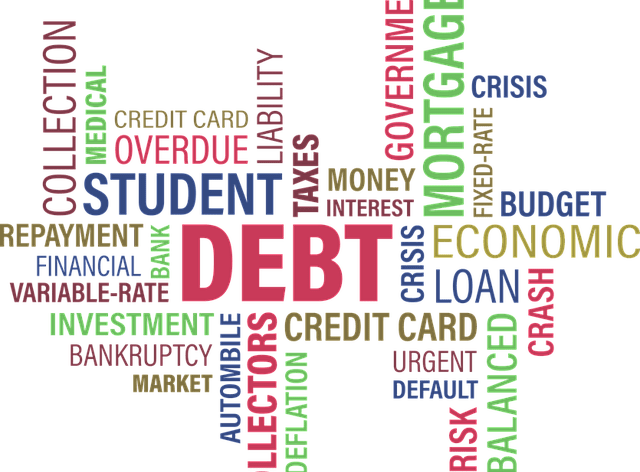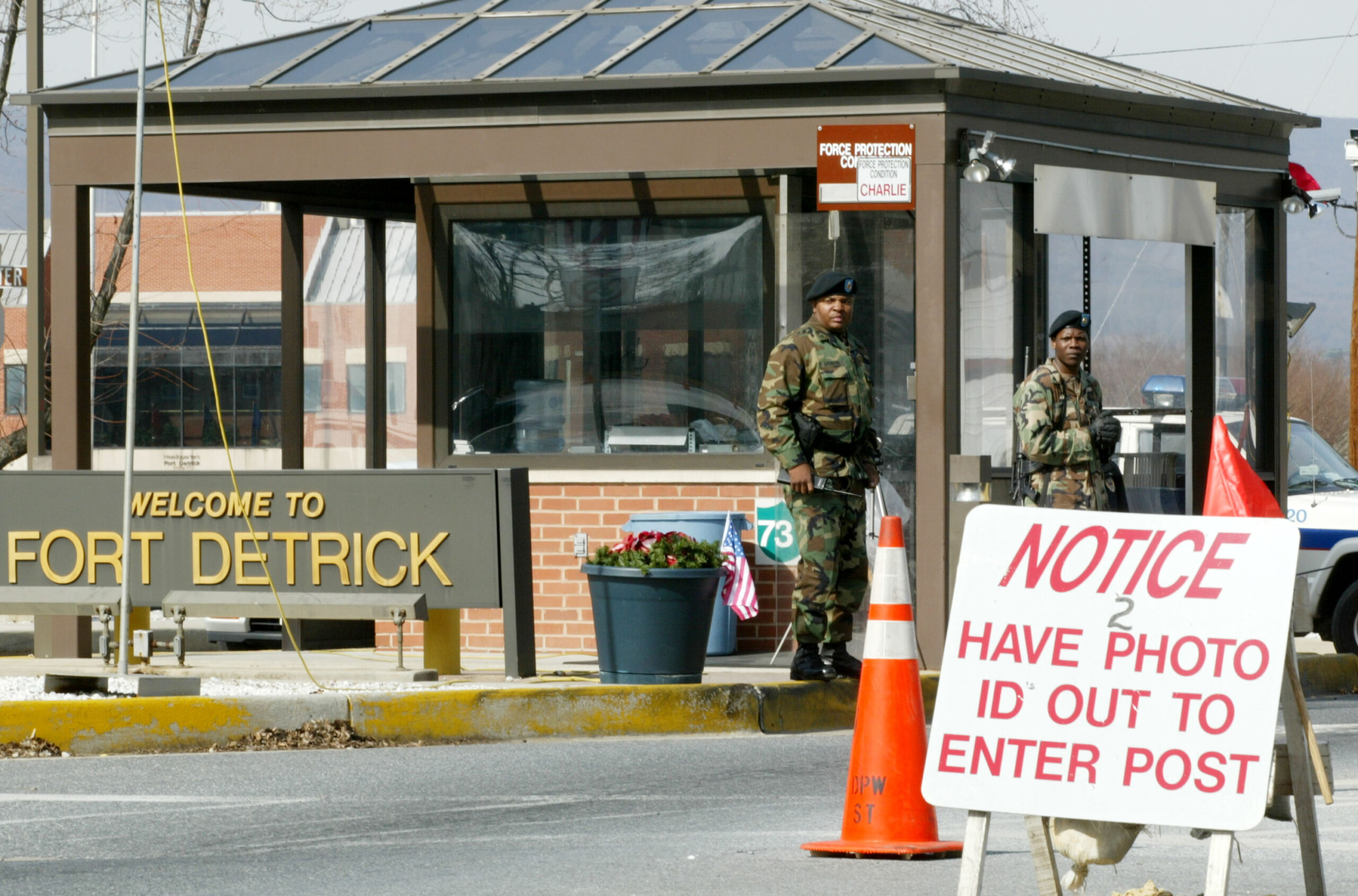Lawmakers Submit Bill to Prevent Veteran Foreclosures

Lawmakers have introduced a bill meant to help veterans avoid foreclosures on VA home loans in the aftermath of the global COVID-19 pandemic. Even at press time in 2024, the economic effects of COVID are still being felt, and the veteran community is especially vulnerable to home loan default because of economic hardship.
There are serious issues plaguing many in the military community because of the end of an important VA program designed to offset the economic impact of COVID-19 among VA borrowers.
The Department of Veterans Affairs ended a pandemic-era foreclosure avoidance option called the VA Partial Claim Program, designed to help VA borrowers avoid losing their homes due to pandemic-related economic hardships.
But help may be on the way in the form of the Veteran Housing Stability Act, introduced in early February 2024, meant to help thousands of military members and veterans avoid foreclosure and keep the homes they bought with VA mortgages.
The VA Partial Claim Program
During the pandemic, the Department of Veterans Affairs official site announced, “Through the end of the nationally declared emergency, you can make an initial request for COVID-19 forbearance.”
This option was good for six months of loan forbearance, with an additional six-month option available upon request.
But that’s just the foreclosure avoidance part of the equation. What do these borrowers do about missed payments and bringing a delinquent or potentially delinquent VA mortgage current? That’s where the VA Partial Claim program came in.
Related: VA Home Loan Benefits Guide
This was an option where borrowers could apply for a no-interest loan for the overdue amount on the VA mortgage.
That loan was issued as a “second lien” and became due when the borrower pays off the mortgage, refinances, or sells the home. The partial claim loan did not require payments, and the mortgage payments resumed as before with no increase.
But the VA ended that program. It was only available from July 27, 2021, through October 28, 2022. As a result, many could not make the same kind of financial arrangements with their VA lender and faced loan default and foreclosure.
The Veterans Housing Stability Act 2024
This bipartisan bill, sponsored by Senators John Tester from Montana and Ohio Senator Sherrod Brown, would authorize the Department of Veterans Affairs to restart the VA Partial Claim program. The VA has also announced halting VA loan foreclosures where the Partial Claim issue could be a factor.
According to multiple sources, the VA ended the partial claim program because officials there believed they had no legal authority to continue it. If passed, the Veterans Housing Stability Act would address that question once and for all.
And it’s not just elected officials and government agencies voicing concern. An NPR report on this issue quotes Justin Wiseman of the Mortgage Bankers Association (MBA), who went on the record saying VA foreclosure relief is a serious issue.
“We think a partial claim, which is necessary to enable forbearance in the VA program, is very important,” said Wiseman, who, along with the MBA, NPR reports, “has been calling on the VA to offer more affordable ways for homeowners to get current.”
Other Options?
The same NPR story quoting Wiseman also notes the VA’s effort to create a fresh loan modification option. This would be in addition to, not a proposed replacement of other efforts to stabilize veteran mortgages at risk of default.
What’s Next?
The Veterans Housing Stability Act is not signed into law. It is, at press time, in the earliest stages of consideration. This is an ongoing story and we’ll update this article as conditions warrant.
Related: VA Home Loan Benefits Guide
About the author
Editor-in-Chief Joe Wallace is a 13-year veteran of the United States Air Force and a former reporter/editor for Air Force Television News and the Pentagon Channel. His freelance work includes contract work for Motorola, VALoans.com, and Credit Karma. He is co-founder of Dim Art House in Springfield, Illinois, and spends his non-writing time as an abstract painter, independent publisher, and occasional filmmaker.


